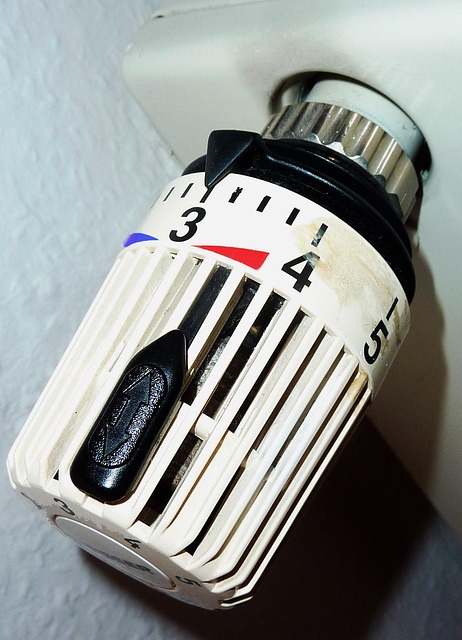Dental implants for seniors: cost overview and offers
Growing older often means facing dental challenges as natural teeth may deteriorate or fall out. Dental implants have become a popular long-term solution for seniors seeking to restore their smile, improve chewing function, and maintain facial structure. However, the significant investment required for implants raises important questions about costs, options, and whether they're worth considering in your senior years.

Understanding dental implant prices for seniors
Dental implants represent a significant investment in oral health for seniors. The cost typically ranges from £1,500 to £2,500 per single tooth implant in the UK. This price includes the titanium post (the actual implant), the abutment (connecting piece), and the crown (visible tooth portion). Full-mouth restorations using implants can cost between £7,000 and £28,000 depending on the specific technique used and number of implants required.
Several factors influence the final price, including the dentist’s expertise, location of the practice, materials used, and whether additional procedures like bone grafts or sinus lifts are necessary. Many seniors require these supplementary treatments due to bone loss associated with aging, potentially adding £200-£1,000 to the overall cost.
Comparing implant features with traditional alternatives
When considering dental implants against traditional options like dentures or bridges, several key features stand out. Dental implants offer superior stability since they’re anchored directly into the jawbone, eliminating the slipping or clicking common with dentures. This stability translates to improved chewing efficiency, allowing seniors to maintain a varied, nutritious diet without restrictions.
Unlike bridges that require grinding down adjacent healthy teeth for support, implants preserve natural tooth structure. Perhaps most significantly for seniors, implants help prevent facial sagging and premature aging by stimulating bone growth and maintaining jawbone density—something no other tooth replacement option provides.
While dentures might cost £200-£1,000 and bridges £250-£700 per tooth, their shorter lifespan of 5-15 years compared to implants’ potential lifetime durability means the long-term value proposition often favors implants despite higher initial costs.
Special considerations for seniors seeking implants
Age itself isn’t necessarily a barrier to dental implant treatment, with successful procedures documented in patients well into their 80s and 90s. However, certain health conditions more common in seniors require special attention, including diabetes, osteoporosis, and cardiovascular diseases. These conditions may affect healing and osseointegration (the process of implants fusing with bone).
Some seniors may require a longer healing period between implant placement and final restoration. Additionally, medications common among older adults, particularly certain osteoporosis drugs called bisphosphonates, may impact implant success. A comprehensive medical evaluation is essential before proceeding with treatment.
Many implant specialists now offer adapted protocols for senior patients, including minimally invasive techniques, fewer implants to support full-arch restorations, and solutions designed specifically for patients with reduced bone volume.
Comparing dental implant providers and options
Several options exist for seniors seeking quality implant treatment at various price points. Below is a comparison of typical implant providers in the UK:
| Provider Type | Average Cost (Single Implant) | Features | Considerations |
|---|---|---|---|
| Private Specialist Clinics | £2,000-£2,500 | Highest expertise, advanced technology, comprehensive aftercare | Premium pricing, potentially longer waiting lists |
| General Dental Practices | £1,500-£2,000 | More affordable, familiar setting, potential payment plans | Variable experience levels, may refer complex cases |
| Dental Schools | £1,000-£1,500 | Significantly reduced costs, supervised by experts | Longer treatment times, limited availability |
| Overseas Dental Tourism | £700-£1,200 | Substantially lower costs, often packaged with accommodation | Travel requirements, follow-up complications, variable standards |
Prices, rates, or cost estimates mentioned in this article are based on the latest available information but may change over time. Independent research is advised before making financial decisions.
Financial options and assistance for senior implant patients
Many seniors face financial constraints when considering implants. Fortunately, several options can help manage these costs. Many dental practices offer payment plans spreading costs over 12-60 months, sometimes with 0% interest for shorter terms. Dental insurance rarely covers the full cost of implants but may contribute toward portions of the treatment.
Some seniors utilize health savings accounts or flexible spending arrangements to pay for implant treatment with pre-tax funds. For those with limited means, dental schools often provide reduced-cost implant services performed by students under close supervision by experienced faculty.
Several dental chains now offer “implants in a day” or “teeth in a day” concepts specifically marketed to seniors, with prices ranging from £5,000-£14,000 per arch. While these accelerated approaches may seem appealing, they’re not suitable for all patients and typically still require preliminary visits and follow-up care.
Making an informed decision about dental implants
Dental implants represent a significant investment for seniors, but their potential to improve quality of life makes them worth considering. When evaluating whether implants are right for you, request detailed treatment plans and cost breakdowns from multiple providers. Be wary of prices that seem unusually low, as quality materials and proper surgical protocols contribute significantly to long-term success.
The decision should balance financial considerations against quality of life improvements. Many seniors report that implants restore not just function but confidence and social comfort. Even patients of advanced age can enjoy many years of improved eating ability, clearer speech, and enhanced appearance with properly placed implants.
By thoroughly researching options, understanding true costs including maintenance requirements, and working with specialists experienced in geriatric dentistry, seniors can make informed choices about whether dental implants represent a worthwhile investment in their oral health and overall wellbeing.
This article is for informational purposes only and should not be considered medical advice. Please consult a qualified healthcare professional for personalized guidance and treatment.




